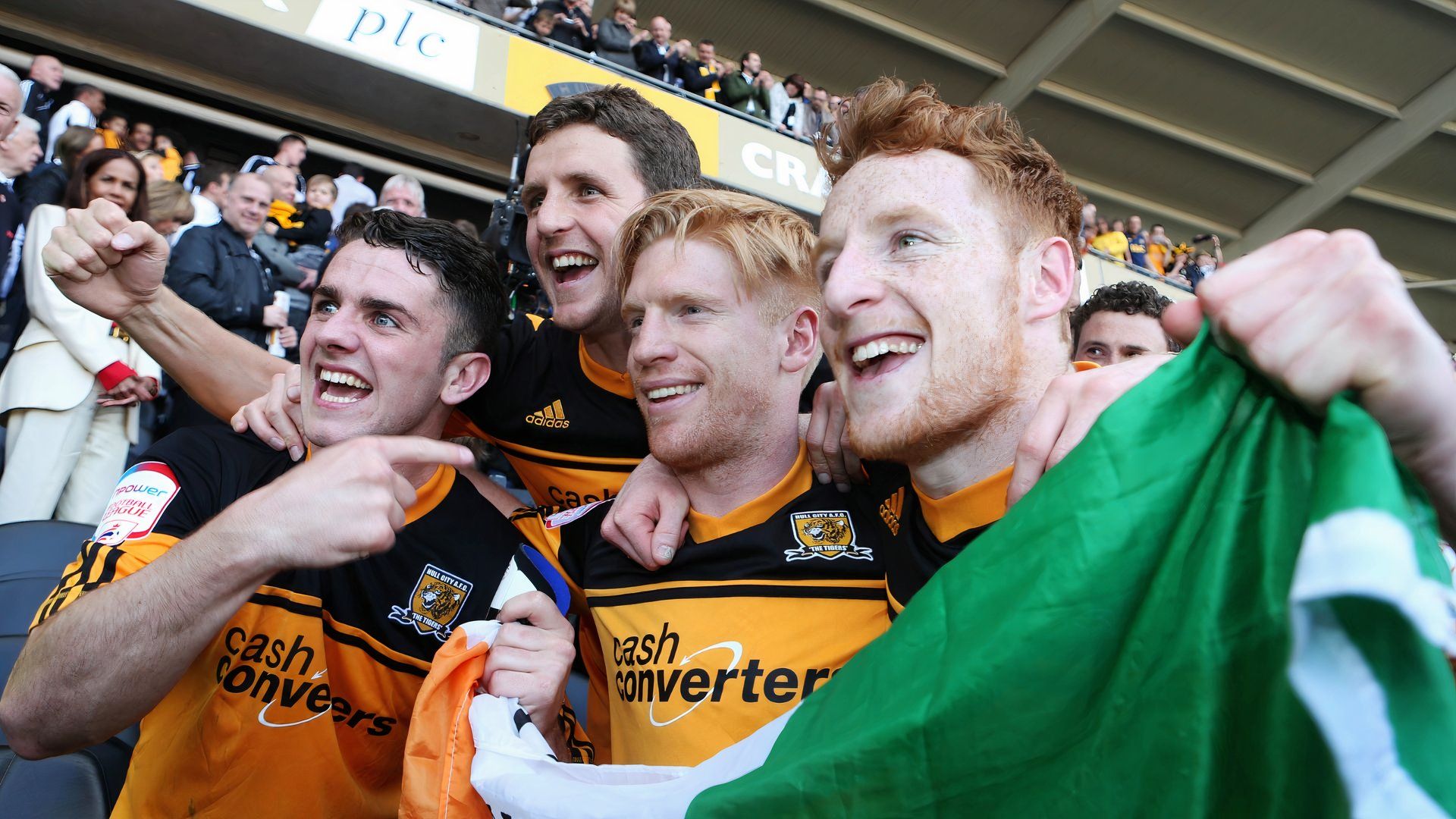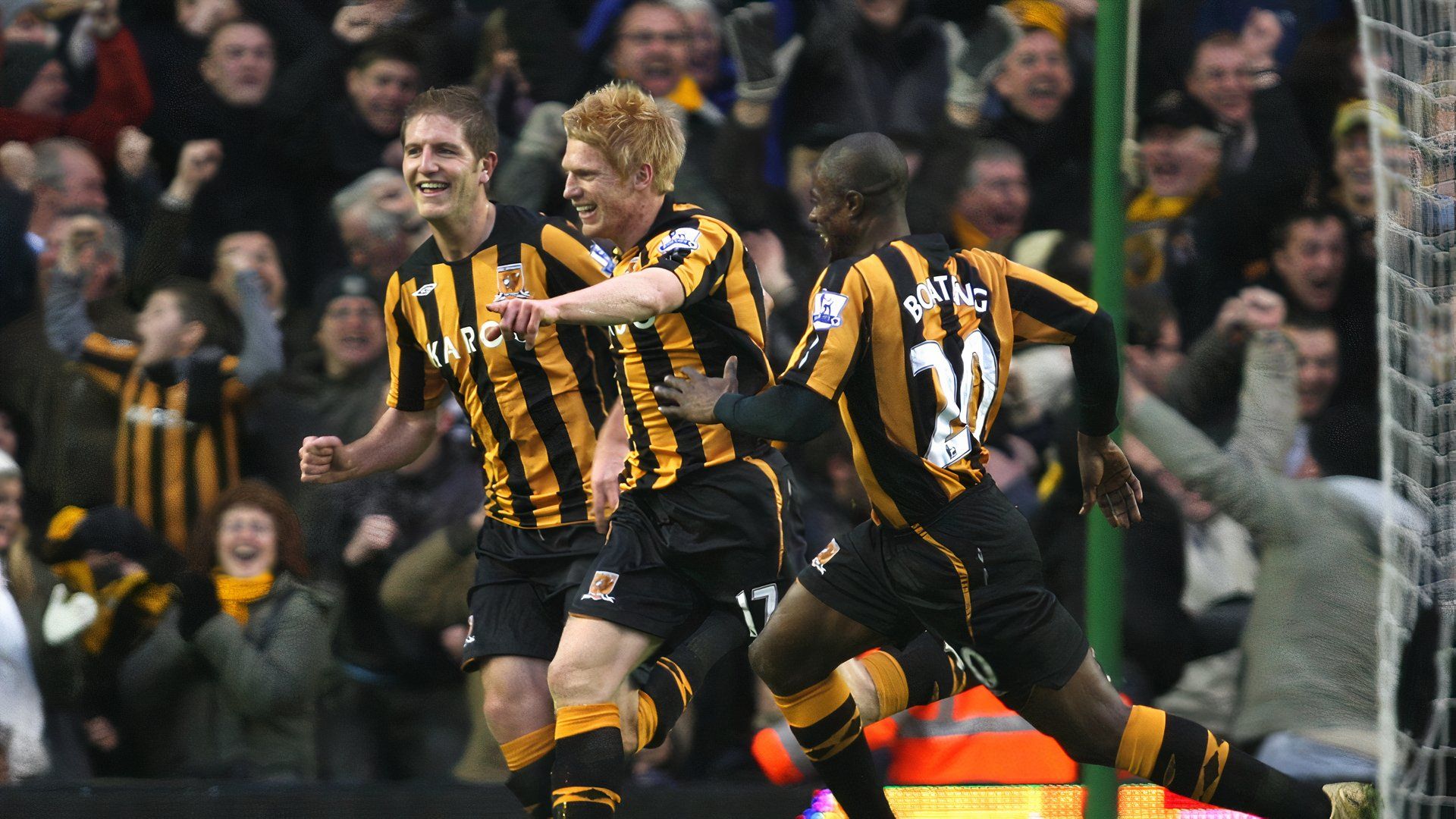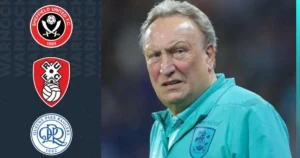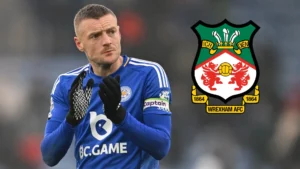
Hull City faithful still sing about cult hero sourced from Sunderland AFC
The term ‘cult hero’ is often brandished around a lot in modern football, when, in reality, only a select few have earned such a status at any given club.
Hull City, like any other, have a variety that are engraved into the history books at the MKM Stadium for their service, or an iconic moment.
And, whilst they may not have known it at the time, an initial loan deal struck with Sunderland after reaching the Premier League for the first time in 2008, would eventually provide City with one of the biggest examples to fall into said category.
At the age of 22, McShane had fallen down the pecking order at the Stadium of Light under Roy Keane, which allowed for Hull to swoop for his services, initially on a season-long loan deal.

The Irishman would become an immediate regular for the Tigers throughout their exceptional start to life as a top-flight club, with making his debut in a 2-1 away win against Newcastle United in September 2008, before going on to feature in 16 of the subsequent 17 league games.
Of course, his most memorable moment across this loan stint, which would only last until January after being recalled by Ricky Sbragia on Wearside, was a looping header which put Phil Brown’s side in front against Liverpool at Anfield, before Hull surrendered a 2-0 advantage due to a Steven Gerrard double-salvo.
Despite Hull sitting in eighth at the time of his temporary return to the North East, McShane would only go on to feature three more times for the Black Cats, who would eventually finish a place above the Tigers, who emerged victorious just once in the second half of the season.

However, the Manchester United academy graduate would commit his long-term future to the side in Black and Amber by signing a four-year contract in the summer of 2009.
It would be fair to say that the subsequent two-and-a-half years would be a whirlwind for the 33-time international, who featured 27 times in Hull’s dismal relegation season of 2009/10, before sticking it out despite the club’s well-documented financial struggles at the time.
And, despite initially continuing to be a regular in the side under the management of Nigel Pearson, McShane was sent out on loan to Barnsley at the turn of 2011 after the former Leicester City boss acquired former Foxes centre-back Jack Hobbs and James Chester from Manchester United.
The following season saw the defender suffer the misfortune of a calf injury, which saw him make just two appearances for City before making another loan move to Crystal Palace in January 2012.
“It was the best times of my football career but also the worst times as well to be honest,” was how McShane summed up his stint at the MKM in an interview with Hull Live back in 2020.
However, the following three seasons would see the Irishman etch his name in folklore.

Paul McShane would eventually cement himself as a Hull City cult hero
The summer of 2012 saw Steve Bruce take charge of the Tigers, and despite only making 25 Championship appearances across the campaign, McShane began to assert himself as a cult figure.
McShane was the epitome of a workmanlike side which was built on defensive solidity, although the defender would also chip in with two crucial goals.
The first of those saw him net the winner in a narrow victory away to Nottingham Forest, bundling home a corner from close range, whilst his second strike on May 4th 2013 saw him score one of the club’s most iconic goals in the promotion-clinching encounter against Cardiff City.
The centre-back connected perfectly with his compatriot, Robbie Brady’s inswinging corner on 63 minutes to give Hull a 2-1 advantage, and whilst everyone of a Black and Amber persuasion knows exactly what happened next, that particular instance was unsurprisingly the Irishman’s defining moment.







